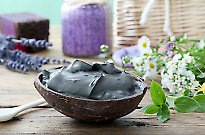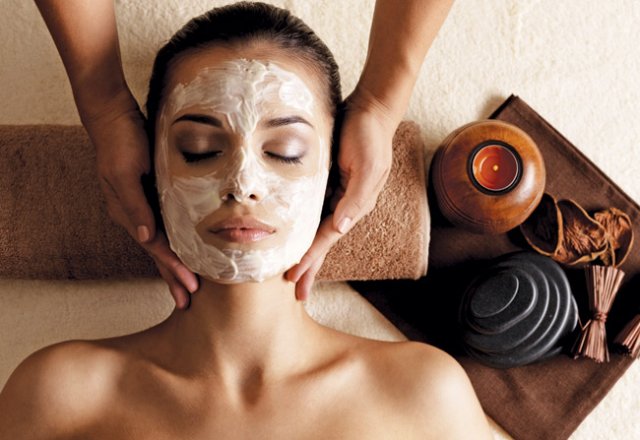
Health benefits of bentonite clay

A natural way to cleanse and detox the body
Whether you want to detox, recover faster from illness or simply feel better, adding bentonite clay to your diet and skincare routine may offer big health and beauty benefits, writes Shannon Dunn.
While the human body is naturally designed to eliminate toxins via the colon, lungs, skin, lymphatic system, kidneys and liver, the modern sedentary lifestyle often means we’re storing toxins instead of releasing them.
Meanwhile, the clean foods of our ancestors have been replaced by ready-to-go highly processed fare, often laced with pesticides and synthetic additives such as preservatives to ensure long shelf life. Ridding these toxins without adequate fresh water intake and regular movement (that produces perspiration) becomes a difficult task for the hard-working elimination system. With such constant burden on the body, it has become essential to give it a helping hand to rid itself of chemicals and substances that hinder optimal health.
While used by cultures throughout the ages, therapeutic clays such as bentonite have only recently re-entered popular consciousness as people begin to look for ways to assist regular cleansing and detoxification. Animals have also long consumed clays during illness and stress, instinctively turning to nature’s medicine to pull toxins out of the body.
How does it work?
“Bentonite clay has a very profound affect of absorbing chemicals such as aluminium and mercury, pesticides, herbicides and heavy toxic metals,” says holistic health coach Tyler Tolman, who uses the clay in the healing and detoxification programs he runs at his Bali health retreat, as well as in his at-home Colon Cleanse remedy (tylertolman.com).
“It leeches it out of your body into your colon and then binds with the fibre, therefore enabling your body to release the many different toxins out your back door.”
Formed from the breakdown of volcanic ash, scientifically, bentonite is said to produce an electrical charge when mixed with water. It’s this charge that helps the clay pull impurities, chemicals and toxins such as heavy metals from the body.
Also known as montmorillonite, bentonite clay was named after Fort Benton in Wyoming, USA, where the largest known deposit of bentonite has been found.
While it is known for pulling impurities from the body, it does not add nutrients itself. The minerals in bentonite are not bio-available due to their high bonding with other elements that make clay what it is. It follows, however, that if our system is clean and functioning optimally, then more efficient nutrient uptake will occur.
While some of the world’s most ancient cultures have relied on clays for detoxification and healing, in modern day it’s often recommended for digestive issues such as bloating, constipation, gas and reflux, while helping alleviate allergies and skin conditions. It’s also a medicine cabinet staple for those who heal more quickly after bouts of vomiting and diarrhoea.
However, it’s important to use a non-metal spoon when preparing the mixture for internal and external use. as metal utensils are said to negate the cleansing and detoxifying properties of the clay.
What are the beauty benefits?
Professional salons know well the beauty benefits of bentonite and other healing clays, using a mix of clay and water as facemasks to pull impurities from the skin. Yet, there are also other topical uses that can easily be tried at home:
- Apply a paste of bentonite clay to help heal pimples and try it on insect bites, burns, scrapes and skin itches;
- Add approximately one quarter of a cup of bentonite clay to a warm bath to help detox while smoothing the skin;
- Use as a mouthwash (approximately one teaspoon of clay in half a cup of water) to eradicate cavity-forming bad bacteria. It may also help to remineralise teeth.
What to look for
Bentonite pH ranges from five to 10.5 and should be odourless, tasteless and have a soft, powdery texture with no grit. Buying bentonite from reputable companies is highly recommended.
Under the USA FDA bentonite clay is classified as ‘Generally Recognised as Safe’. However, as a precaution you may choose to take medications an hour either side of ingesting it. If you have a health condition, always consult your health care professional prior to undertaking any treatment.
Shannon Dunn is a wellness writer and Eco Beauty Editor.
You might like Beauty herbs, minerals and supplements OR Why saunas are good for you


